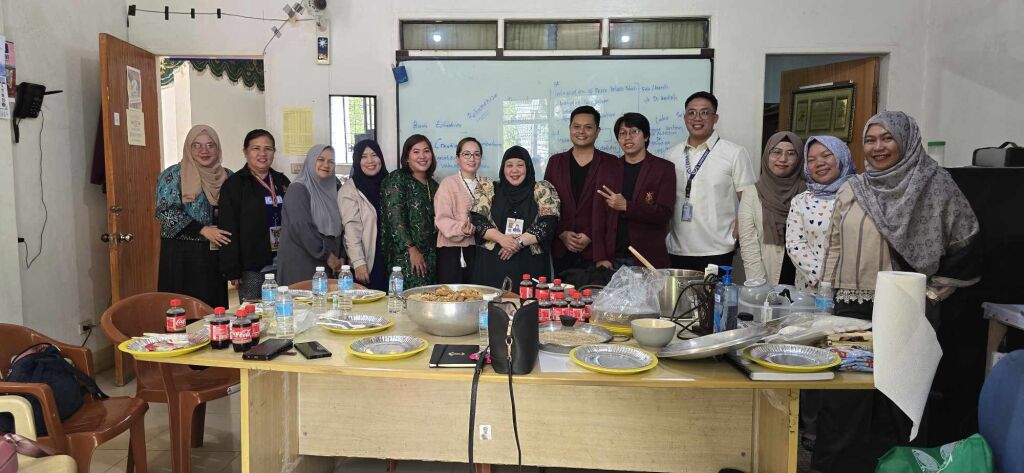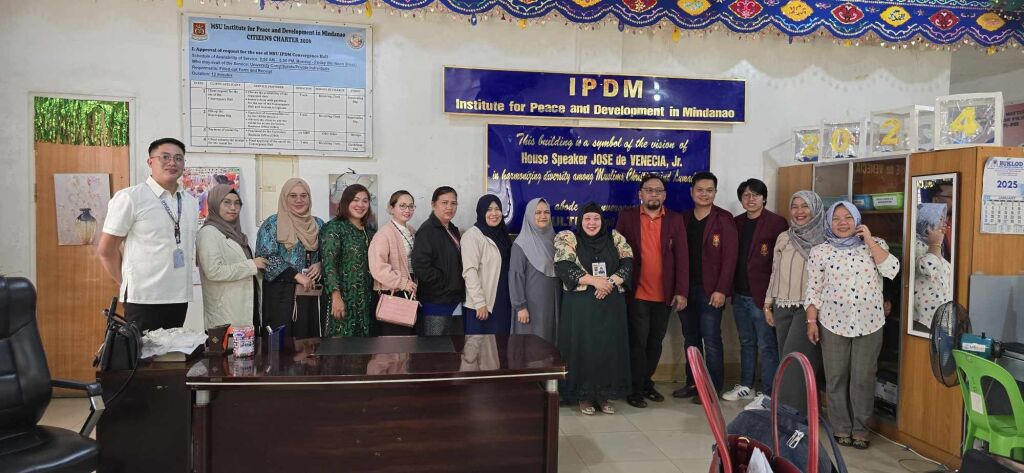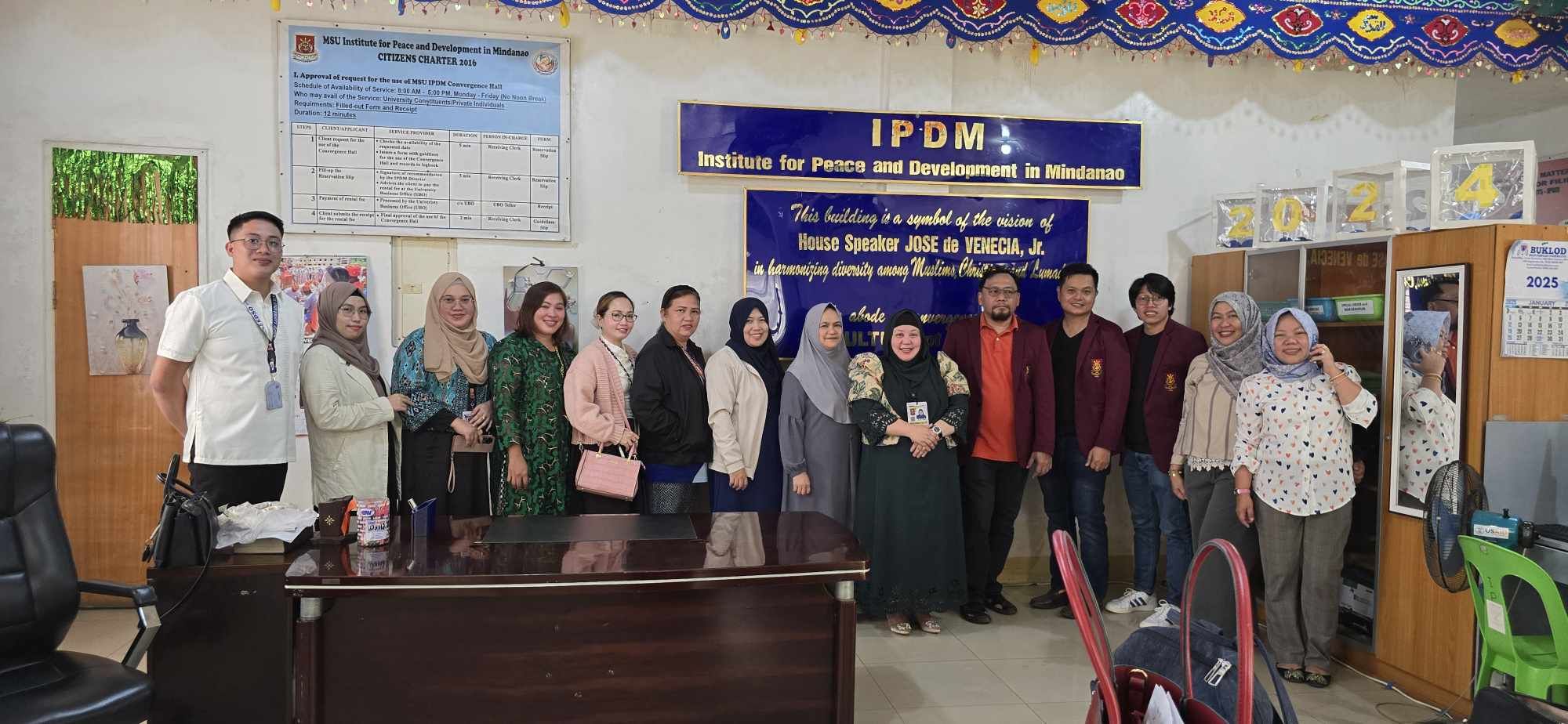By Aliah P. Cali-Pascan, DPA, J.D.
In a significant step towards fostering a culture of peace as part of priority agenda of MSU System President Atty. Basari Dimakuta Mapupuno, the Institute for Peace and Development in Mindanao (IPDM), led by Dr. Acram Latiph, and the College of Education, headed by Dr. Minerva-Saminah M. Naga, have joined forces to develop and implement contextualized peace education within the university’s Basic Education Units. This collaborative effort aims to democratize peace, making it a tangible reality at the community level.
A key planning meeting, moderated by Prof. Almahdi Alonto, Peace Education Officer, with assistance from Prof. Mojahid Baraki, Peace Associate Education Officer, brought together dedicated personnel from both IPDM’s three mandates and the College of Education’s peace education-trained team. The result was a comprehensive plan outlining a series of activities, from research triangulation and module writing to review, validation, training of trainers (TOT), and finally, implementation. All these crucial steps are scheduled for completion before the start of the 2025-2026 academic year.
This initiative recognizes that peace is not merely the absence of conflict, but a set of values, skills, and knowledge that must be nurtured and cultivated. By integrating contextualized peace education into Peace Values Education and Good Manners and Right Conduct (GMRC) curricula, the university seeks to equip students with the tools they need to become peacebuilders in their own communities.
The collaborative approach underscores the importance of shared ownership in the pursuit of peace. By combining the expertise of IPDM in peace and development with the pedagogical strength of the College of Education, the university is creating a powerful synergy for positive change. The development of a dedicated manual for the program will ensure consistency and sustainability in its implementation.
This pioneering effort by the university serves as a model for other institutions seeking to contribute to peacebuilding. By democratizing peace education, the university is empowering individuals to become active agents of peace, contributing to a more harmonious and prosperous future for the region. The initiative reflects a deep commitment to building a peaceful and inclusive society, one student, one community at a time.



